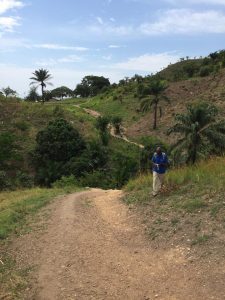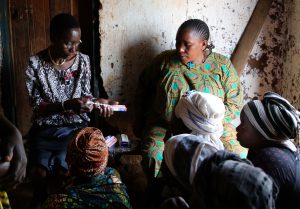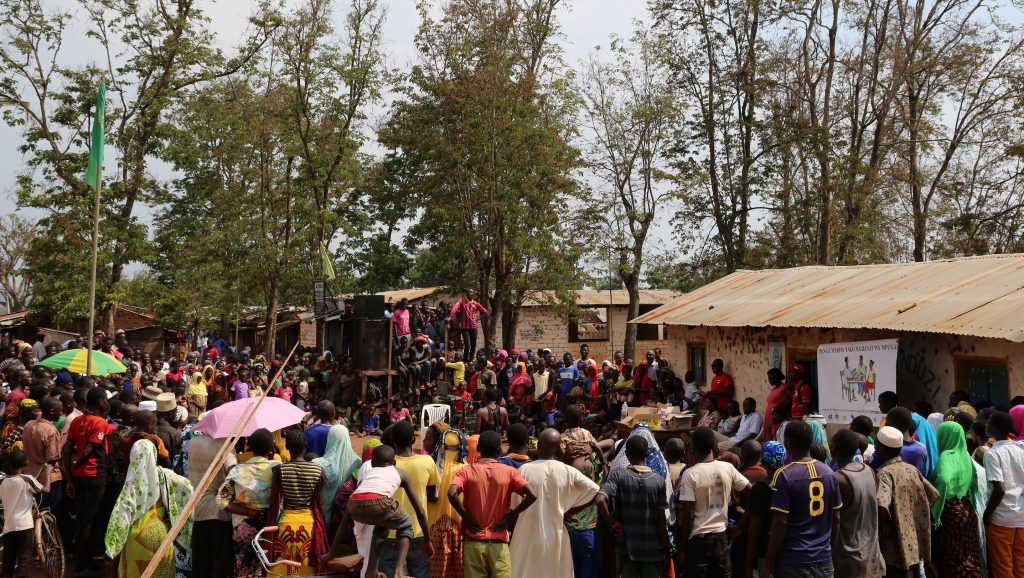In the Lake Tanganyika Basin, accessing reproductive health care is a challenge. Impassable roads, poor communications infrastructure, broken supply chains to rural health centers, and extreme poverty all contribute to high birthrates, early childbearing, and exceptionally high maternal-fetal morbidity and mortality.

Path to Buma Health Center, DRC– imagine walking here while in labor!
The LTFHC is committed to making contraception accessible to empower local women, save lives, and prevent disease. In 2015 and 2016, we partnered with Hivos International and local Ministry of Health (MOH) officials to provide family planning services for patients, training for health care workers and community education in Nkasi and Uvinza Districts, Tanzania.
In summary, this project achieved:
- Public information – Over 100,000 people were reached with medically accurate family planning information through a local radio program and two national newspaper articles.
- Contraceptive implants – Over 1,000 women, previously without access to contraception, received implantable long-lasting reversible contraceptives.
- Condom distribution – 10,000 condoms were distributed to a high degree of demand in all communities.
- Counseling services – Over 4,000 women received one-on-one family planning counseling.

Counseling patients in Katete, Tanzania
- Education – Nearly 2,000 community members from Nkasi and Uvinza Districts were engaged on issues regarding women’s health, and sensitized to family planning with information through educational festivals.
- Health care worker training – 22 rural health care workers from 18 villages received comprehensive family planning training, covering topics from correct pelvic exam techniques, to lessons in counseling reproductive health patients and inserting implantable contraceptives.
- Supply chain improvement – the LTFHC assisted in the coordination and normalization of ordering processes of essential health center supplies with the MOH and Medical Stores Department (MSD).
The combined activities of this two-year program impacted over 260,000 people.

Community festival at Ilagala
The communities involved expressed great satisfaction with the work, and the health care workers we trained voiced their happiness with the curriculum, and their excitement about putting their new knowledge to work in their home villages. Throughout the program, we had full support from the Ministry of Health and local authorities.
Demand for similar services in the DRC is high. It is our hope that we can expand this successful initiative to rural communities in the DRC in the future.
P.S. In case you missed it, check out our video overview of Phase 1 of this program last year



